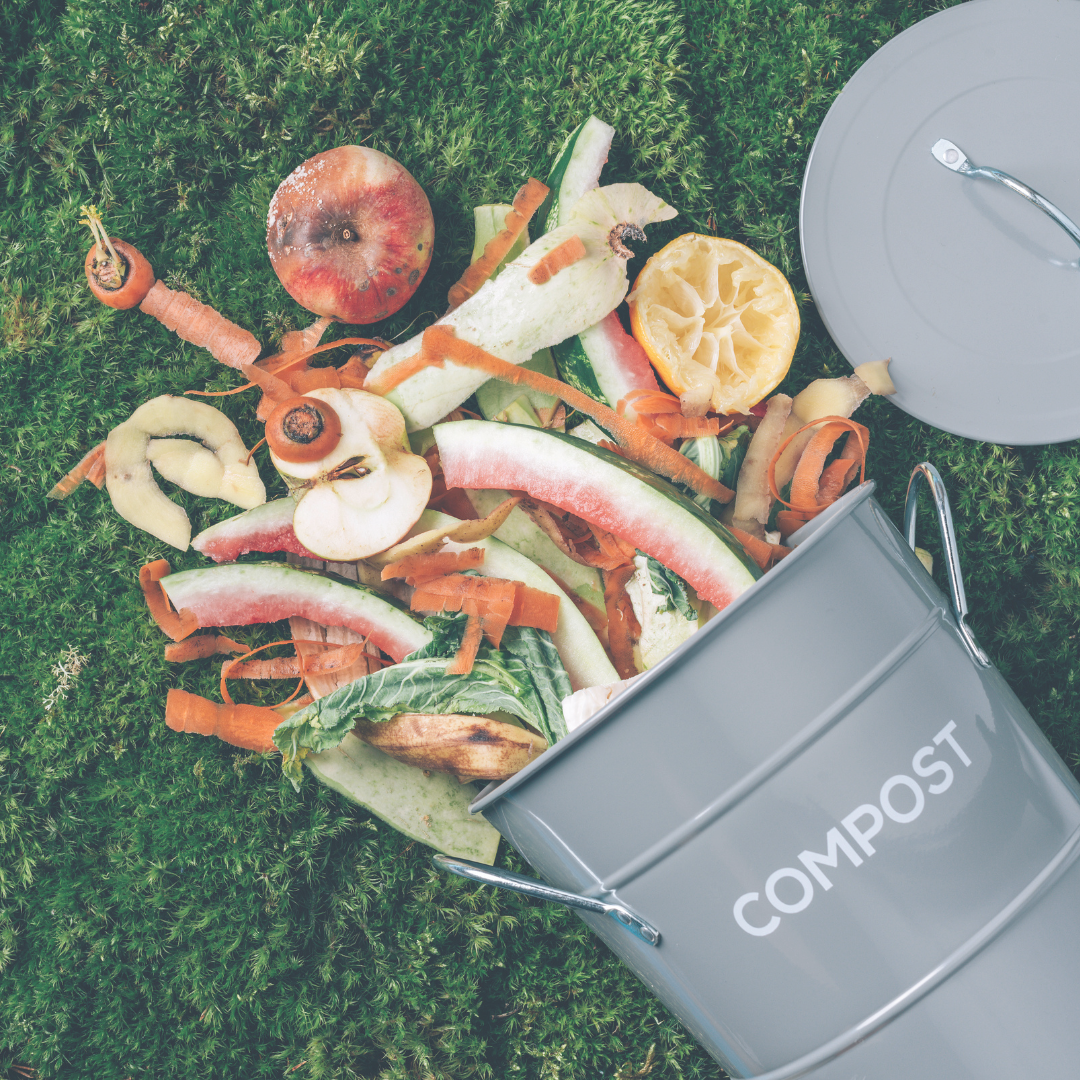Food waste management is undergoing a transformation with the upcoming Food Waste Legislation UK mandating separate collection and recycling of food waste from businesses in the near future.
In this blog, we delve into everything you need to know about the new legislation updates. We’ll discuss what the changes are, timelines, costs and enforcement strategies associated with the new food waste regulations.
Why? Because understanding and preparing for these regulatory changes is vital for businesses aiming to reduce their environmental footprint and operational costs.
Food Waste Legislation UK:
A Closer Look
Under the new measures, mandatory food waste segregation will be necessary for all businesses in England and Wales. Any commercial organisation that generates food waste is included.
All food waste generated from businesses in England and Wales will need to be separated into dedicated bins for collection.
This derives from the Environment Act 2021’s ‘separate collection of industrial or commercial waste’ clause. Aligning with Item 1.6 of the Government Food Strategy 2022: ‘Reducing waste in the food system.’ This states: “We are fully committed to meeting the UN Sustainable Development Goal to halve global food waste by 2030.”
Additionally, as per the Waste and Resources strategy for England (WRAP), the UK government has a goal of “eliminating food waste to landfill by 2030.“

The new rules state that recycling through composting or anaerobic digestion will be the only approved method for food waste management. Therefore, prohibiting food waste from being sent to landfill or incineration alongside general waste. It is also not permitted to macerate or digest food waste.
So, businesses will be obligated to segregate food waste from general waste, ensuring separate collection streams. This initiative aims to minimise waste and maximise recycling efficiency.
Initial Costs of the Food Waste
Regulations UK
Implementing the new Food Waste Regulations UK will require businesses to establish efficient waste separation procedures and organise separate collection services for food waste.
We understand that this can be quite difficult for those with established waste processes and that there may be increased initial transition costs.
These might include:
- cost of additional bins,
- an extra waste collection slot,
- another supplier,
- additional time for the already overstretched hospitality workforce.
However, diverting food waste from general waste collection is anticipated to reduce overall waste management expenses in the long term. Businesses with existing waste separation procedures will find the transition relatively smooth.

Reducing Costs and Food Waste
For businesses, understanding the reasons behind food waste generation is crucial in minimising costs associated with disposal.
By assessing current separation and management processes, you can uncover hidden costs like labour, time, and energy involved in waste management.
Identifying areas of improvement in this process can help businesses to develop effective waste reduction strategies. If you address the root causes of waste, you can reduce raw material purchases and further reduce costs.
Here’s some top tips to reduce food waste:
- If you find that the same products are going to waste every week, cut out the overbuying and save!
- Switch up your offering to less short-expiry products.
- Reduce portion sizes if there are always loads left!
- Think about ways you can utilise byproducts of your recipes. For example, potato skins, how can you create a new dish to include potato skins, reducing these from becoming food waste?
- Instil food waste reduction culture in your team(s), from menu design to food preparation and production.
- Minimise the number or quantity of complimentary items. These are at risk of being wasted by your customers. Or simply ask if the customer would like them before dishing them out.
- Ensure correct temperature control procedures from storage to food preparation and processing. This will ensure food is not unnecessarily wasted due to temperature issues throughout every stage of your food management processes. We have more information on how to manage this below!
One way to reduce food waste is to keep appliances at compliant temperatures 24/7, limiting unnecessary spoilage. You can do this with our handy Wireless Temperature Monitoring Smart Pods that sit inside your appliances and record temperatures around the clock. If any issues arise, you are alerted instantly and can address issues urgently, avoiding preventable wastage.

Implementation in Wales
Wales is leading the charge in implementing the food waste regulations, scheduled to take effect from 6 April 2024.
Businesses operating in Wales will also have a 5kg exemption for businesses producing minimal food waste. However, as businesses grow and their food waste exceeds 5kg, they may need to comply fully with the segregation rules.
Natural Resources Wales are set to be enforcing the food waste segregation changes. While Health Inspectors are set to enforce the ban on macerators and digestion into the sewers.
Implementation in England
While England is yet to announce a specific timeline to implement the Food Waste Legislation UK changes, it is expected to follow Wales’ lead and announce a date shortly. Therefore, businesses operating in England should prepare for similar mandates, fostering sustainable waste management practices.
The government has not confirmed who will be enforcing the changes to English businesses, however, this is expected to come when a timeline is revealed. Effective monitoring and compliance will require a significant allocation of resources, which might pose a logistical challenge.
Implementation in Scotland
and Northern Ireland
For Scotland and Northern Ireland, there are already legal requirements in place. So, businesses already have a dedicated food waste bin if they exceed 5kg of waste weekly.

The Food Waste Legislation UK updates present a paradigm shift towards sustainable waste management in the food industry and other commercial settings. Businesses need to prepare and adapt to these changes, not only for compliance but also to reduce their environmental impact and operational costs.
Stay tuned for updates as we monitor the developments in the food waste regulations and provide you with the latest insights and strategies to navigate this shift in waste management.
If you need help with your safety processes, speak to a member of our safety team who will be able to advise you on how to operate safely.
Subscribe for more safety content updates:





